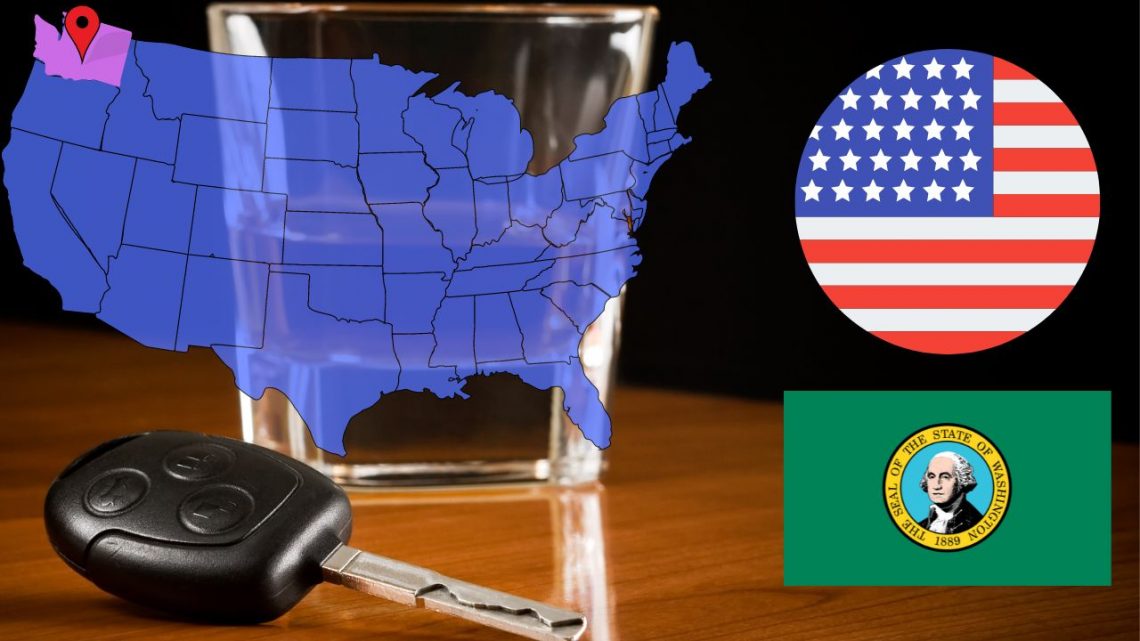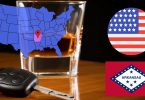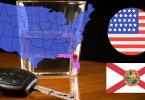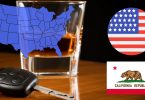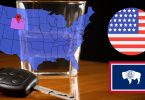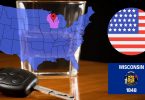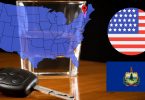In Washington, the maximum legal blood alcohol concentration (BAC) is set at 0.08% (80 mg of alcohol per 100 mL of blood). However, it’s important to note that you can still face arrest for impaired driving if alcohol or any other substance affects your ability to drive safely, even if your BAC is below the 0.08% threshold.
What is the Legal Alcohol Limit for Driving in Washington?
In Washington State, the legal alcohol limit for driving varies depending on the driver’s category. These limits are established to enhance road safety by reducing the risks associated with driving under the influence of alcohol. Below are the specific legal blood alcohol concentration (BAC) limits for each category of drivers:
- Regular Drivers: The legal BAC limit is 0.08%. This applies to most drivers operating personal vehicles.
- Commercial License Drivers: For those holding a commercial driver’s license (CDL), the legal limit is set at a lower threshold of 0.04%, reflecting the higher standards expected due to the nature of their driving responsibilities.
- Minors (Under 21): Washington enforces a near-zero tolerance policy for underage drinking and driving, setting the BAC limit for minors at 0.02%. This reflects the state’s commitment to discourage underage drinking and driving.
Drink and Drive Penalties and Punishments in Washington
Washington State takes driving under the influence (DUI) of alcohol and drugs very seriously, with a comprehensive penalty schedule aimed at deterring such behavior. The penalties for DUI offenses vary based on the driver’s blood alcohol concentration (BAC) at the time of arrest and their prior offenses within a specified timeframe. Here’s a breakdown of the penalties according to different situations:
- No Prior Offenses within Seven Years:
- For BAC less than 0.15%: Mandatory minimum of 24 hours to a maximum of 364 days in jail or alternatives like electronic home monitoring. Fines range from $350 to $5,000.
- For BAC of at least 0.15% or refusal to take a test: Jail time increases to a minimum of 48 hours, with the option for electronic home monitoring or sobriety program monitoring, and fines from $500 to $5,000.
- One Prior Offense within Seven Years:
- For BAC less than 0.15%: At least 30 days in jail, 60 days of electronic home monitoring, and fines between $500 and $5,000.
- For BAC of at least 0.15% or refusal to take a test: A minimum of 45 days in jail, 90 days of electronic home monitoring, and fines ranging from $750 to $5,000.
- Two Prior Offenses within Seven Years:
- Enhanced penalties including longer jail times, mandatory electronic home monitoring, and higher fines.
- Three or More Prior Offenses within Ten Years: Subject to severe punishments under chapter 9.94A RCW, including potential felony charges.
- Additional Penalties:
- Mandatory ignition interlock device installation.
- Alcohol monitoring through breathalyzer devices or sobriety programs.
- Increased penalties for having a minor passenger in the vehicle during the offense.
- License Suspension: Varies based on the offense and BAC level, ranging from 90 days to permanent revocation in cases of multiple offenses.
The court may also consider factors such as injury or damage caused by the DUI offense, whether the offender was driving with passengers, and if a minor was in the vehicle, to adjust penalties.
It is crucial for individuals to frequently check the official state website for the most current information on DUI laws and penalties in Washington, as these can change.
This summary provides an overview of the legal consequences for DUI offenses in Washington, emphasizing the state’s strict stance on impaired driving to ensure road safety.
Calculating Your Legal Alcohol Blood Limit in Washington
In Washington, law enforcement officers determine a driver’s blood alcohol concentration (BAC) primarily through breathalyzer tests during traffic stops if alcohol impairment is suspected. These devices are calibrated to measure the alcohol content in one’s breath, thereby estimating the BAC levels accurately. This method is a standard practice across the state for quickly assessing impairment in drivers.
For individuals concerned about their BAC levels and the legal limits in Washington, there are reliable methods to self-assess before deciding to drive:
- Use a High-Quality Alcohol Breathalyzer: Drawing from a decade of experience as a phlebotomist, I recommend using the BACtrack S80 for those in Washington. This device is notable for its professional-grade accuracy and has endorsements from the DOT & NHTSA, in addition to being FDA 510(k) cleared. Its reliability and ease of use make it an essential tool for anyone wanting to ensure they’re within legal limits. Keeping one in your vehicle can be a practical step towards responsible driving, as it helps in recognizing your BAC level accurately, which many people tend to underestimate.
- Utilize a BAC Calculator: Along with fellow phlebotomists and with the help of web developers, I’ve developed an online BAC calculator. This tool takes into account factors such as your weight, gender, the amount of alcohol consumed, and the time elapsed since drinking, to estimate your BAC level. It’s a useful resource for getting a rough idea of your impairment level before making the decision to drive.
It’s important to remember that while both the high-quality alcohol breathalyzer and the BAC calculator can provide valuable estimates, they do not guarantee 100% accuracy. Various factors, including individual metabolism rates and the type of alcohol consumed, can affect BAC readings. Therefore, these tools should be used as guidelines to assist in making safer driving decisions, rather than definitive measures of legality or impairment.
By making use of these recommendations, drivers in Washington can better assess their fitness to drive and potentially avoid the risks associated with drunk driving. Remember, the safest option if you’re unsure about your BAC level is to not drive at all.
Ways to Avoid Driving with a High BAC in Washington
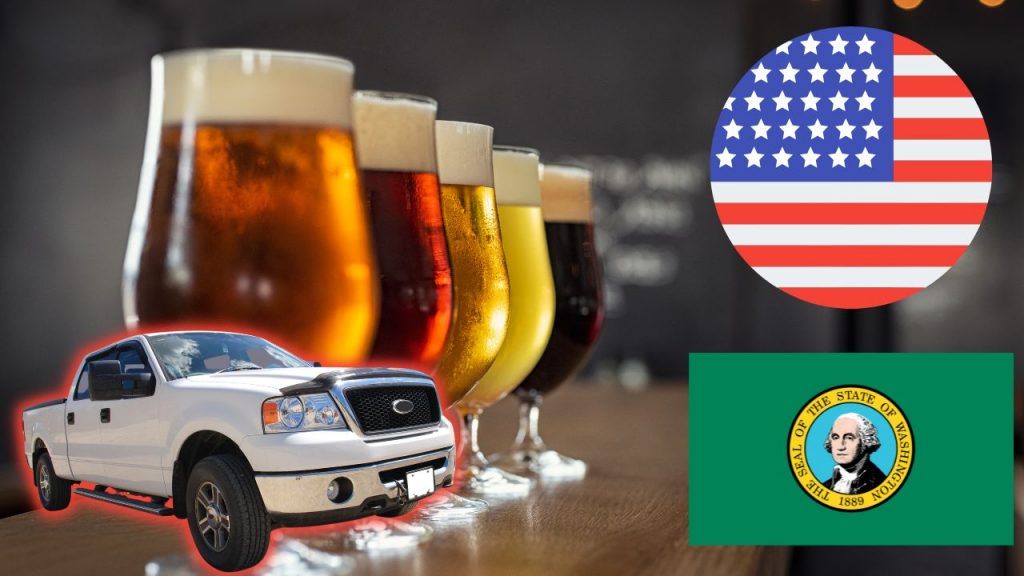
Driving with a high blood alcohol concentration (BAC) is not only illegal but also extremely dangerous to both the driver and others on the road. Washington State offers several alternatives to ensure you can enjoy your night out without risking a DUI or worse. Here are some practical suggestions:
- Utilize Rideshare Apps or Local Taxi Services: Before heading out, consider downloading and setting up rideshare apps like Uber or Lyft on your smartphone. These services provide a convenient and quick way to get a ride home at any time. For those who prefer traditional taxis, local companies such as Seattle Town Car Inc in Seattle or Spokane-Taxi-Cab.Com in Spokane offer reliable services. Planning your ride home in advance can prevent the temptation of driving under the influence.
- Order a Designated Driver Service: If you find yourself in a situation where you’ve driven to a location but then consumed alcohol, a designated driver service is a fantastic option to consider. Services like Boulevard Chauffeur in Seattle or BostonCoach in Spokane offer professional drivers who can drive you home in your own vehicle. This way, you avoid leaving your car overnight and the potential risks of driving with a high BAC. Simply searching for “designated driver service” along with your city name on Google will provide you with options available in your area.
These alternatives not only help in keeping the roads safer but also assist in avoiding legal consequences associated with DUI offenses. By planning ahead and making smart choices, you can enjoy your outings without compromising on safety or legality. Remember, the cost of a taxi, rideshare, or designated driver service is always going to be significantly less than the costs associated with a DUI offense.
Sticking to DUI Laws in Washington: Sad Statistics
Between 2017 and 2021, Washington saw 2,672 fatal collisions involving 4,114 drivers, with nearly one in five fatal crashes involving alcohol-impaired drivers. This highlights the significant risks associated with driving under the influence (DUI).
Washington’s stringent DUI laws, including the proposal to lower the legal BAC limit from 0.08% to 0.05%, aim to reduce drunk driving incidents. For those who have consumed alcohol, alternatives like Uber, designated driver services, or taxis offer safer travel options.
Understanding and adhering to DUI regulations is crucial for all drivers. Utilizing an alcohol breathalyzer can help determine if it’s safe to drive. For the latest information on DUI laws, visiting Washington’s Department of Licensing website is recommended. Avoiding impaired driving protects not just the driver but everyone on the road.

